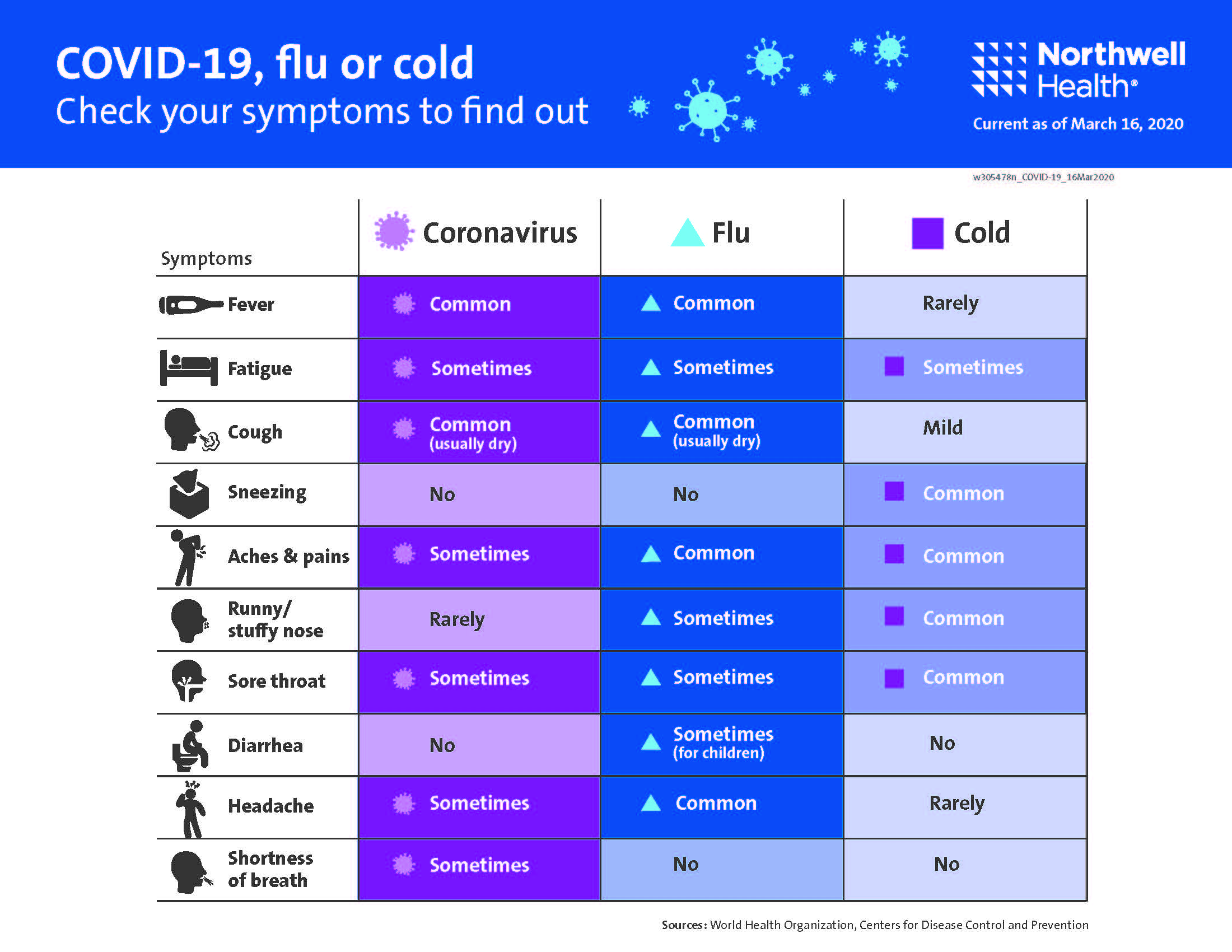Common COVID-19 Variants and Their Symptoms

Covid variants symptoms – Since the emergence of the novel coronavirus, SARS-CoV-2, in late 2019, the virus has undergone numerous mutations, giving rise to several variants. These variants have varying degrees of transmissibility, severity, and response to vaccines and treatments.
As the new Covid variants emerge, their symptoms continue to evolve, making it crucial to stay vigilant. Some variants may cause severe respiratory distress, while others might present with milder flu-like symptoms. Just as the virus mutates, so do the challenges we face.
In the world of sports, the Philadelphia Eagles quarterback, Jalen Hurts , has shown remarkable resilience in overcoming obstacles. His determination and ability to adapt inspire us to stay strong amidst the evolving pandemic and its impact on our health and well-being.
Among the most common COVID-19 variants are the Alpha (B.1.1.7), Beta (B.1.351), Gamma (P.1), and Delta (B.1.617.2) variants. The Alpha variant was first identified in the United Kingdom in September 2020 and quickly became the dominant strain worldwide. The Beta variant, first identified in South Africa in May 2020, has shown reduced susceptibility to some vaccines and increased transmissibility. The Gamma variant, first identified in Brazil in November 2020, has also demonstrated increased transmissibility and may be associated with more severe disease. The Delta variant, first identified in India in October 2020, is highly transmissible and has been responsible for significant surges in cases in many countries.
The relentless evolution of the virus has given rise to a myriad of COVID variants, each with its unique set of symptoms. From the mild to the severe, these variants have left an imprint on our collective health. For a comprehensive understanding of the symptoms associated with these variants, refer to the covid variants symptoms guide, where you can delve into the intricacies of their clinical manifestations.
Symptoms of Common COVID-19 Variants
The symptoms of COVID-19 can vary depending on the variant. However, the most common symptoms include:
- Fever or chills
- Cough
- Shortness of breath or difficulty breathing
- Fatigue
- Muscle or body aches
- Headache
- New loss of taste or smell
- Sore throat
- Congestion or runny nose
- Nausea or vomiting
- Diarrhea
Some variants, such as the Delta variant, may be associated with a higher risk of severe disease, including pneumonia, acute respiratory distress syndrome (ARDS), and death. Additionally, some variants may be more likely to cause certain symptoms, such as gastrointestinal symptoms (e.g., nausea, vomiting, diarrhea) or neurological symptoms (e.g., headache, confusion, seizures).
Impact of Variants on Disease Severity and Transmission, Covid variants symptoms
The different COVID-19 variants have varying degrees of impact on disease severity and transmission. Some variants, such as the Alpha and Delta variants, have been shown to be more transmissible than the original strain of the virus. This increased transmissibility can lead to more rapid spread of the virus and larger outbreaks.
Additionally, some variants, such as the Beta and Gamma variants, have shown reduced susceptibility to some vaccines. This means that people who have been vaccinated may be less protected against infection with these variants. However, vaccines remain an important tool in preventing severe disease and death from COVID-19, even against variants of concern.
Emerging Variants and Their Implications

The emergence of new COVID-19 variants has raised concerns about their potential risks and challenges. These variants may exhibit unique characteristics, including increased transmissibility, immune evasion, and virulence.
Potential Risks and Challenges
Emerging variants pose several potential risks, including:
- Increased transmissibility: Some variants have shown higher transmissibility, leading to a faster spread of the virus.
- Immune evasion: Certain variants may have mutations that allow them to evade the immune response induced by vaccines or previous infections.
- Reduced vaccine efficacy: Some variants have been shown to reduce the effectiveness of existing vaccines, necessitating the development of updated vaccines.
- Treatment challenges: The emergence of variants may require adjustments to treatment strategies and the development of new therapies.
Surveillance and Response Measures
To track and mitigate the spread of new variants, robust surveillance and response measures are crucial:
- Genomic sequencing: Sequencing the viral genome helps identify and characterize new variants, enabling timely detection and tracking.
- Enhanced testing: Increased testing, including regular screening and variant-specific testing, helps detect and isolate cases.
- Vaccine development and updates: Ongoing research and development of updated vaccines are essential to address the challenges posed by emerging variants.
li>Targeted containment measures: Implementing targeted measures, such as localized lockdowns or travel restrictions, can help contain the spread of specific variants.
Impact on Diagnosis and Treatment: Covid Variants Symptoms

The emergence of COVID-19 variants has brought new challenges to the diagnosis and treatment of the disease. Here’s how variants impact these aspects:
Accuracy of Diagnostic Tests
Some variants may exhibit genetic changes that affect the performance of diagnostic tests. For example, the Alpha variant (B.1.1.7) has been shown to reduce the sensitivity of certain PCR tests. This can lead to false-negative results, potentially delaying diagnosis and hindering timely isolation.
Implications for Treatment Protocols
The characteristics of different variants can influence the effectiveness of treatments. For instance, the Beta variant (B.1.351) has been associated with reduced susceptibility to certain monoclonal antibody therapies. As a result, treatment protocols may need to be tailored based on the specific variant prevalent in a region.
Personalized Approaches
The emergence of variants highlights the need for personalized approaches to COVID-19 management. By understanding the genetic profile of a patient’s infection, healthcare providers can make informed decisions about the most appropriate diagnostic tests and treatment options. This can improve patient outcomes and prevent unnecessary delays in care.
Research and Innovation
Ongoing research and innovation are crucial in addressing the challenges posed by variants. Scientists are developing new diagnostic tests with improved sensitivity and specificity to detect variants accurately. Additionally, research is underway to identify new antiviral therapies and vaccines that are effective against a broader range of variants.